I am doing a course on how to be a writer, and I have decided to share with you through my publications, the knowledge I am acquiring. This way we can learn together.
Articles related to this topic:
One of the most frequent doubts that writers experience is how to approach the construction of characters in their book projects. In general, a literary work in the narrative genre is powerful and unforgettable because of its characters. The importance of fictional characters lies in the fact that the dramatic weight of the story and the point of view rests on their backs. The main character endows the reader with judgment, sensitivity and interpretation of the imaginary world that was designed for him. A fictional character is a living, organic being, placed in an organic world where he must face conflicts.

I made modifications to the background, from the original image.
Literary characters die or transform, relate to each other, have their own interests, autonomy and destiny. The way to define the nature and orientation of a character varies from author to author. Each one has his own method. We will settle for useful guidelines, routes, and key elements to facilitate the exciting approach to this part of literary creation. The nature of these elements depends to a great extent on the time and place where the story is set.
In the same vein, the character is for the writer, his raw material, because it is extracted from reality, at least from what the author understands as his reality. There are famous characters that remain in our memory and become unforgettable. To form your own character, imagine the people you have known and would like to leave engraved for later generations. Or create one of your own, and place it in your own universe.
When forming your character ask yourself:
What kind of person is he or she?
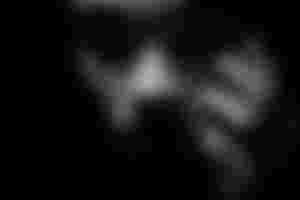
Male or female?
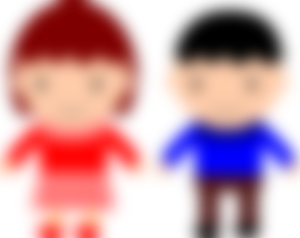
Cheerful or sad?

Is he young, old or middle-aged?
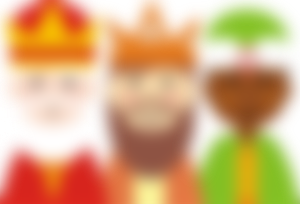
Write it all down! Make the design of his character: optimistic, negative....
Creating characters is one of the parts of the writing process that authors enjoy most. Conceiving a being from nothing, imagining their physical appearance, giving them moral and intellectual traits. When creating a character you should not limit yourself to imagining his physical appearance and some superficial attributes.
In that sense, there are authors who do not delve into the surface of their character's character. However, your character's character will be what determines how he or she acts in the events that the story has in store for him or her. For example, if a trait of your character's character is courage, he will act in a certain way, while if he is not courageous, he will act in another way. At the same time, fate is identified with character: Your character is the way he is because of the things that have happened to him and the things that will happen to him throughout the narrative.
In fact, your character may not have been brave to begin with, but circumstances force him to do so, and in the end bravery does become a personality trait. When completing a character file the first thing you decide is the physical aspect: Does he have blond or black hair, pale skin, beautiful eyes, is he tall or short, there are even authors who look for images of models with similar aspects to the one they have imagined for their characters.
Finally, it can be said that the characters are structures that represent people and animals. Through them, the facts, actions or events of a narrative unfold. They can be real or fictitious. Throughout the work they are presented by the narrator, who gives them physical and psychological characteristics, thus allowing the reader to form an idea of each character. The character of each one of them and the environment in which they develop will determine their behavior and, consequently, their way of acting. The character that acquires greater relevance in a work receives the name of protagonist.
Do you find it easier to create your characters?

Dear readers, your opinions are very valuable to me, I will be very attentive to your comments. Thank you for investing your valuable time reading my post, best regards.
Disclaimer: I would like to let you know that English is not my mother tongue, I may even make some mistakes in the elaboration of sentences in my posts. Feel free to correct me attentively. It will help me in my learning process.
Articles related to writing a Novel:
Types of narrators in a story.
The different styles of dialogue in a story.
The parts that constitute a narrative description.
The characters allow us to know the story.
How to achieve a good ending in your stories.
Planning allows you to organize your ideas.
You can follow me on:
Facebook - Instagram - Youtube
My Blogs:


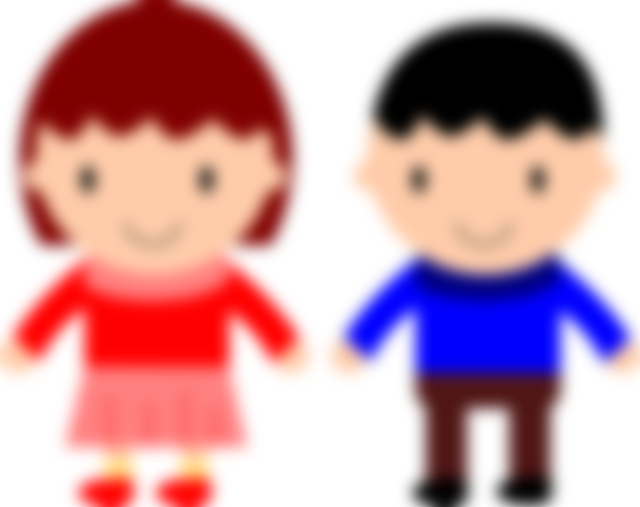

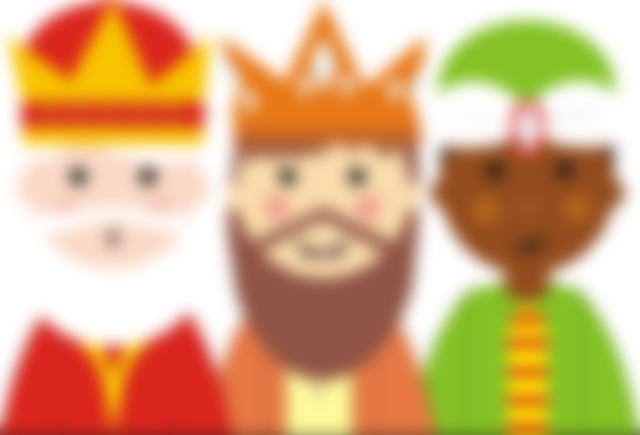

Wow I can sense that you will be a great writer. I loved this article because I learned a lot from it